

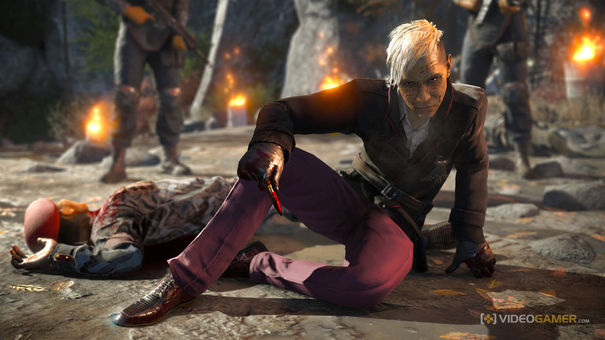

Note: The following is so spoiler heavy that if you read it without having finished Far Cry 4 you may very well explode with fury, like John Cassavetes in a middling De Palma thriller, or Arsenal fans in general. You have been warned.
The week of Far Cry 4's release saw some interesting reactions to Pagan Min's presence in the game. Or, more precisely, the supposed lack of it. Howls of derision filled certain message boards, complaining that he didn't have as much screentime as befits a man who so confidently appears on both the boxart and in the main marketing campaign. Surely he should have shown up more, strutting around in that pink suit and troll hair, stabbing people in the throat, demanding more of your careful attention, like a Kyrati Beat Takeshi in Battle Royale.
This is, of course, utter nonsense.
Like The Jackal in Far Cry 2 before him, Min isn't meant to be a Robotnik-style end of level boss, nor even a direct thorn in your side. Despite apparently having the same tailor, his role is not to be a version of Nicholson's Joker. Instead, his presence is meant to be felt elsewhere, through radio broadcasts, strongholds, and the self-perpetuating myth that both his forces and yours contribute to. Less Batman, striking fear both mentally and then very physically, more Kurtz: a ghostly presence that (adjusts wank hat) controls the physical world.
This is not a new narrative, in any medium. But Far Cry 4 implements it far better than a lot of other games, entwining mechanics around it in such a way that for Min to turn up any more than he actually does would actually destroy its design (and as such, its superb endgame). Not convinced? The game gives you all the evidence you need when you kill his impersonator, a cheap double bluff that is saved by, yes, the actual Min talking on the radio about how much money they'd spent on making poor Bruce, an Australian, actually look like him.
He's not meant to be seen out in the wild, running around awkwardly as his collision detection tries to work out how to get around trees. Min is at his best when he's heard and not seen, or more accurately that you only see the devastation he's wrought before you meet the man himself. For Min to work, his reputation must precede him, not the other way around. Coppola pulled the same trick in Apocalypse Now: showing Kurtz as his persona had been billed (he's only visible in file photos before the big reveal): a young-ish, handsome, and officious Marlon Brando. Only seeing him in posed photographs, or hearing about his legendary exploits in Willard's drawl of a narration cranks the tension, before the myth is turned upside down by having both Martin Sheen and the audience see that beyond the tales is a mumbling, insane and chronically ill (if still menacing) wizard behind the curtain.
It's not too much of a shock to see Kurtz like that, given the toll taken on him by the war – and he on it – is obvious before you see his massive, bloated head. But running into Min in those final moments, courteous to the last as he apologises for the lack of staff to help set his elaborate dinner table, he cuts a far more despondent figure than you would be led to believe. Both men, while very much the dukes of their domains, are also, it would seem, almost totally knackered.
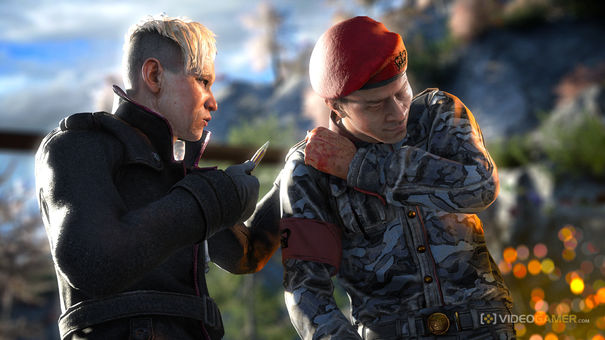
While Min is nowhere near a sombre, Eliot-reading American General, lost in literal shadow and absolute hubris, as the game wears on there's the sense that he's feeling this war as much as Brando, even if he isn't showing it. When he bemoans the death of Bruce, he moans about how difficult it is to get good doubles: less concerned with his now-dead employee, and more with the effort involved in replacing him. Min's clothes and hair appear to be cheap plays to look more youthful. From certain angles, around his ears it even looks like he's had a facelift.
Moreover, Min is obsessed with the past, a retreat into nostalgia for someone tired of the present. As the son of his former lover (and, spoiler, his own daughter's half-brother) Ajay represents a tentative tie to a world long dead. Midway through the game Min laments his behaviour when originally coming to power, "railing cocaine and bathing in Yak's blood", instead preferring to regale Ajay with stories of his mother, and what is lost. All of this makes Min only appearing at the beginning and end, and to have the game able to end at either of these points, make perfect sense. His story is yours, and after you've made your choice, knowingly or not, he gets out of your way as you follow it to its conclusion.
All Ajay wants to do, at this point, is scatter his mother's ashes, and if you listen to Min, that's all you'll do. This isn't just an easter egg, as some think. It's as valid as either of the other two endings. But Far Cry 4's real crowning glory is what happens after you fight to the heart of Min's compound, having spent hours battling to wrest control of Kyrat from his dictatorship. Like Willard, things only truly become clear after you've struck the fatal blow (or let him live and inherited Kyrat: both are mostly the same) and are faced with the realisation that you've become him: an empty transition (turns wank hat to 'snapback') that only weighs heavy on those left alive.
Like the pink-suited one, you've slaughtered your way across the land for a cause, you've hunted men through the jungle, and you've enjoyed it. Min even calls you out on it in one of the endings, saying his grief – and yours – is simply an excuse to do what you want, and now you've got a taste for it. He's described by your father in notes as having betrayed the movement to free Kyrat at its moment of triumph. Which is what you do to a lesser extent to Amita or Sabal, and are heavily implied, in one ending, to be about finish the job. There's no accident in the game's choice of The Clash's Should I Stay or Should I Go to bookend the game. Nor is there in Pagan Min telling his soldiers, warning the player (although they don't know it yet) in the process, that if they had listened to him all this could have been avoided.
Min doesn't have to be physically present anymore than he actually is, because you're there. Again, this isn't new. Far Cry 2 dabbled, and Spec Ops: The Line had a very similar theme, if presented in a far more sombre manner. The difference between Far Cry and Spec Ops is in tone. In Far Cry 4, you're having so much fun being the villain you'll probably not realise it until the very end. And if that doesn't remind you of someone, nothing will.




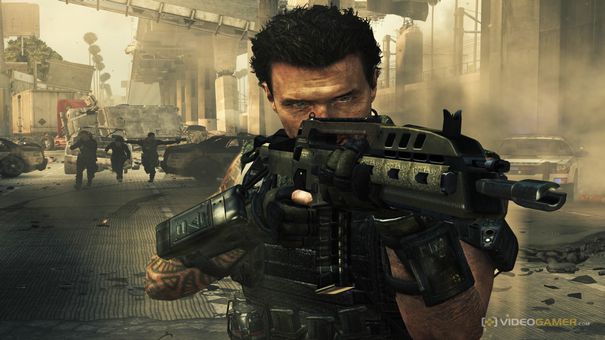 What does your younger brother think of Black Ops 2?
What does your younger brother think of Black Ops 2?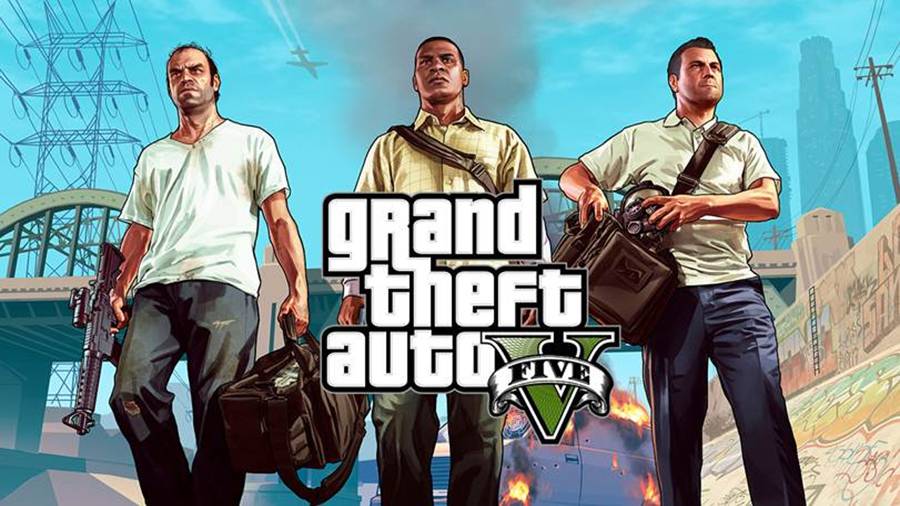 Grand Theft Auto 5 Weapon List
Grand Theft Auto 5 Weapon List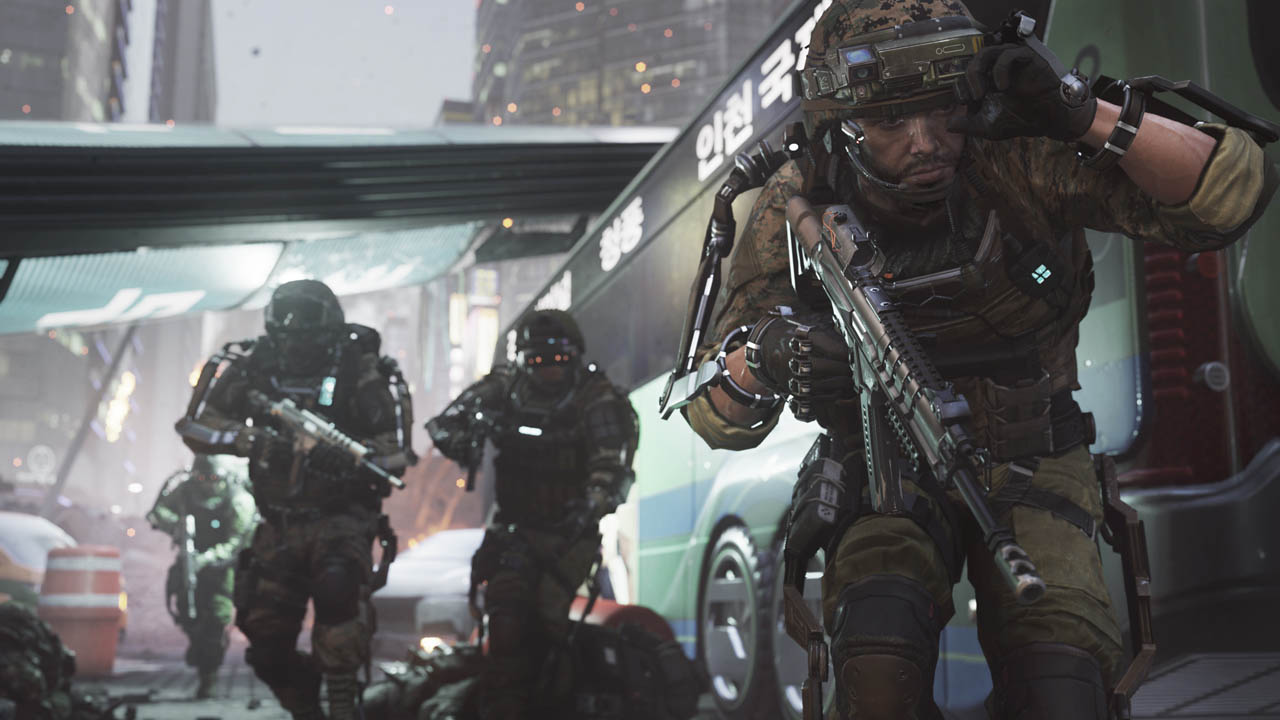 Call of Duty: Advanced Warfare – Perks Guide
Call of Duty: Advanced Warfare – Perks Guide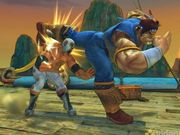 Games of 2010: No.10
Games of 2010: No.10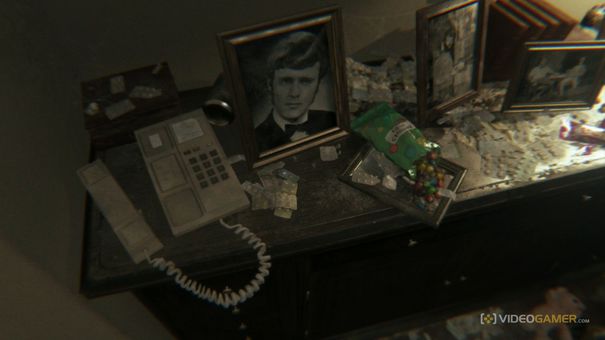 Silent Hills: Welcome back to a world of survival horror
Silent Hills: Welcome back to a world of survival horror